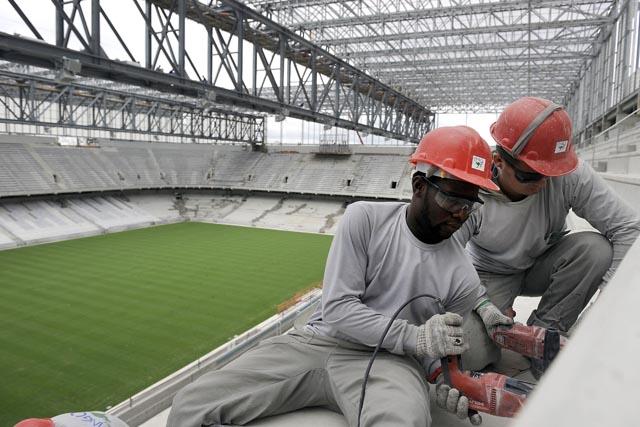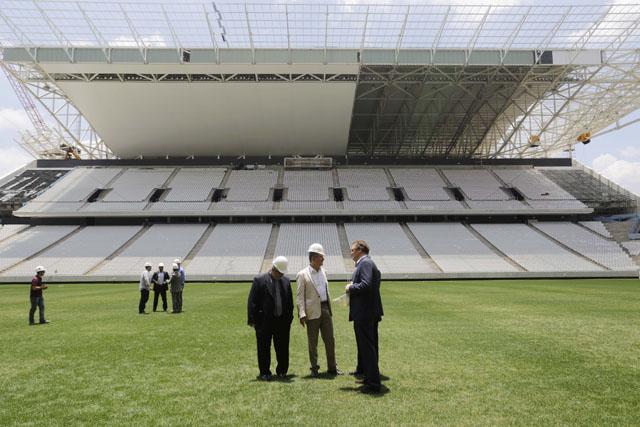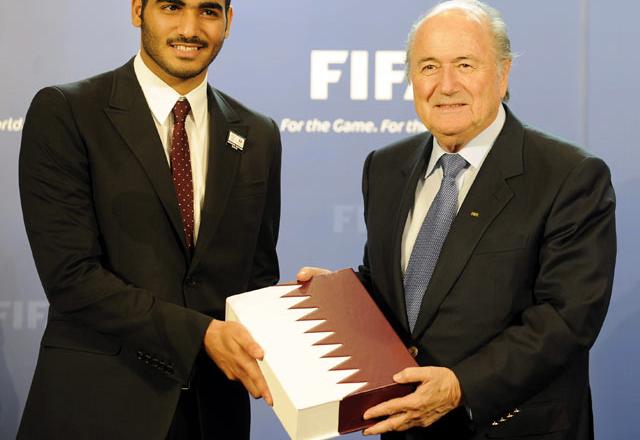FLORIANOPOLIS, Brazil — FIFA says it will not pay some of Brazil’s World Cup bills even though it admits the local organisers’ failure to fulfill their commitments may jeopardise the tournament’s success.
A day after resolving one headache by allowing the southern city of Curitiba to host its four matches despite significant stadium delays, FIFA Secretary General Jerome Valcke was faced with some host cities backing down from their obligations to pay for things such as temporary structures and fanfests, which FIFA regards as crucial for the tournament.
Valcke said it was working with local officials to try to lower costs and reduce requirements, but he guaranteed “we will not take over” the payments to make up for the shortcomings of organisers.
FIFA said it was paying $1.4 billion to stage the World Cup in Brazil. The total cost for Brazil was estimated at about $14 billion.
“We pay for all that we are using. We are not taking money,” Valcke said. “The cities have to do their own work, they have to deliver, including the fanfest, because it’s an obligation of the cities.”
“There are agreements between host cities and the local organising committee, there are clear commitments. Part of this commitment is to deliver X, Y, Z. FIFA doesn’t have to take over. Otherwise, why organise with a country? It’s a partnership.”
Last week, the northeastern city of Recife said it would not spend public money on a fanfest, which lets fans without tickets watch matches on large screens in public areas. In the southern city of Porto Alegre, the president of the Brazilian club in charge of Beira-Rio Stadium said there was a risk the venue would be unavailable for the World Cup because of a dispute over who will pay for the temporary facilities required by FIFA.
Valcke said some cities were expressing concern with the fanfests because they could be an easy target for anti-government demonstrators, who are against the billions being spent on the World Cup at the expense of basic public services. In the fanfests, only official World Cup sponsors can participate, and they could be targeted.
FIFA was open to changes because of security concerns, Valcke said. But, as he put it, “When it’s a financial commitment, why should we take over?”
After meetings with Valcke, the local World Cup organising committee said some of the host cities were working to find solutions that could allow them to fulfill the contracts Brazil agreed to when it won the host bid in 2007.
FIFA said there was a joint effort to reduce many of the costs “without jeopardising quality and safety”.
Football’s governing body said it had already picked up a bill of nearly $20 million for power generators needed for the broadcast operations.
“We stepped in because it’s not a question just of money,” he said. “We were afraid that we would not be on time to deliver this energy. And without it, we cannot broadcast the World Cup.”



















